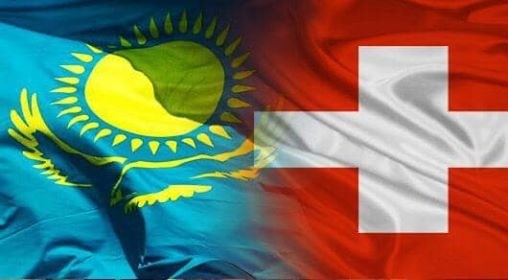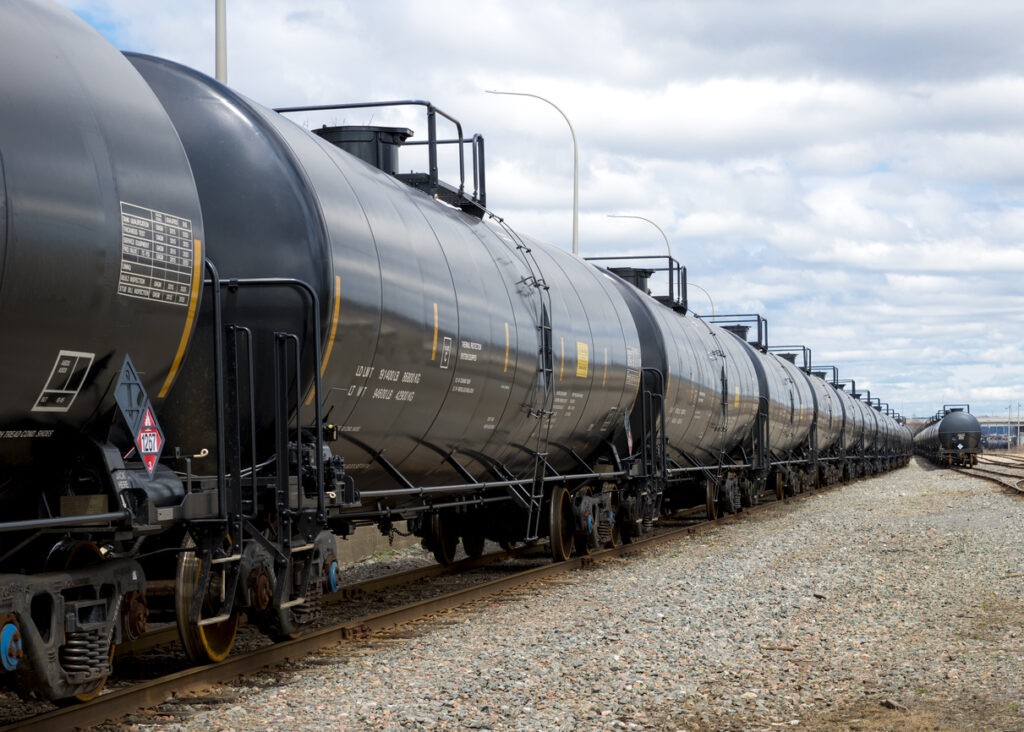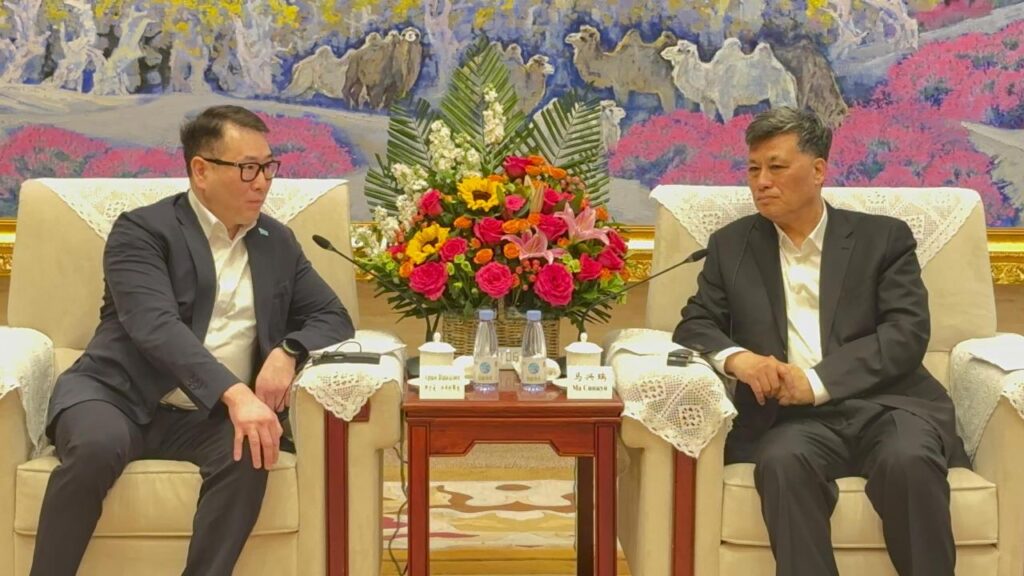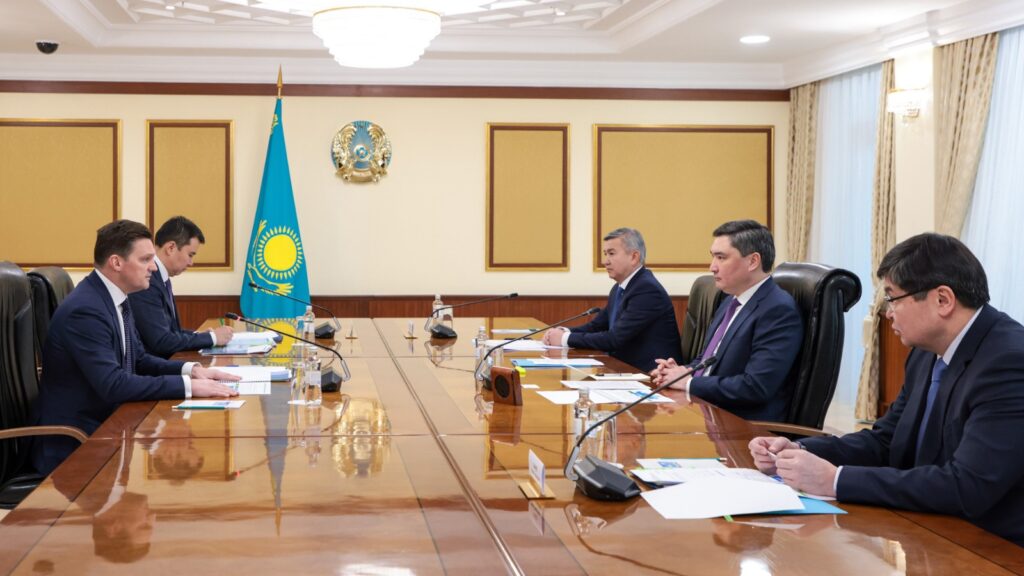Swiss Holding to Invest in Kazakhstan
At a meeting on March 19th between Yerzhan Yelekeyev, chairman of Kazakh Invest, and representatives of Eurasia Swiss Holding AG, the latter announced its intention to invest in two new projects in Kazakhstan. The Swiss holding company plans to build an innovative medical centre equipped with positron emission tomography and computed tomography services. According to Gulmira Amatova, director of Eurasia Swiss Holding Investment LLP, a subsidiary of Eurasia Swiss Holding AG, the centre will provide wide public access to new technologies and methods of tomography which will significantly enhance the quality of life of cancer patients. The second initiative planned by the Swiss holding company at a cost of $62 million, comprises the construction of dairy farms and a dairy plant in Kazakhstan’s northern Kostanay region. Eurasia Swiss Holding AG looks forward to concluding an investment agreement with the Government of Kazakhstan on both projects.






